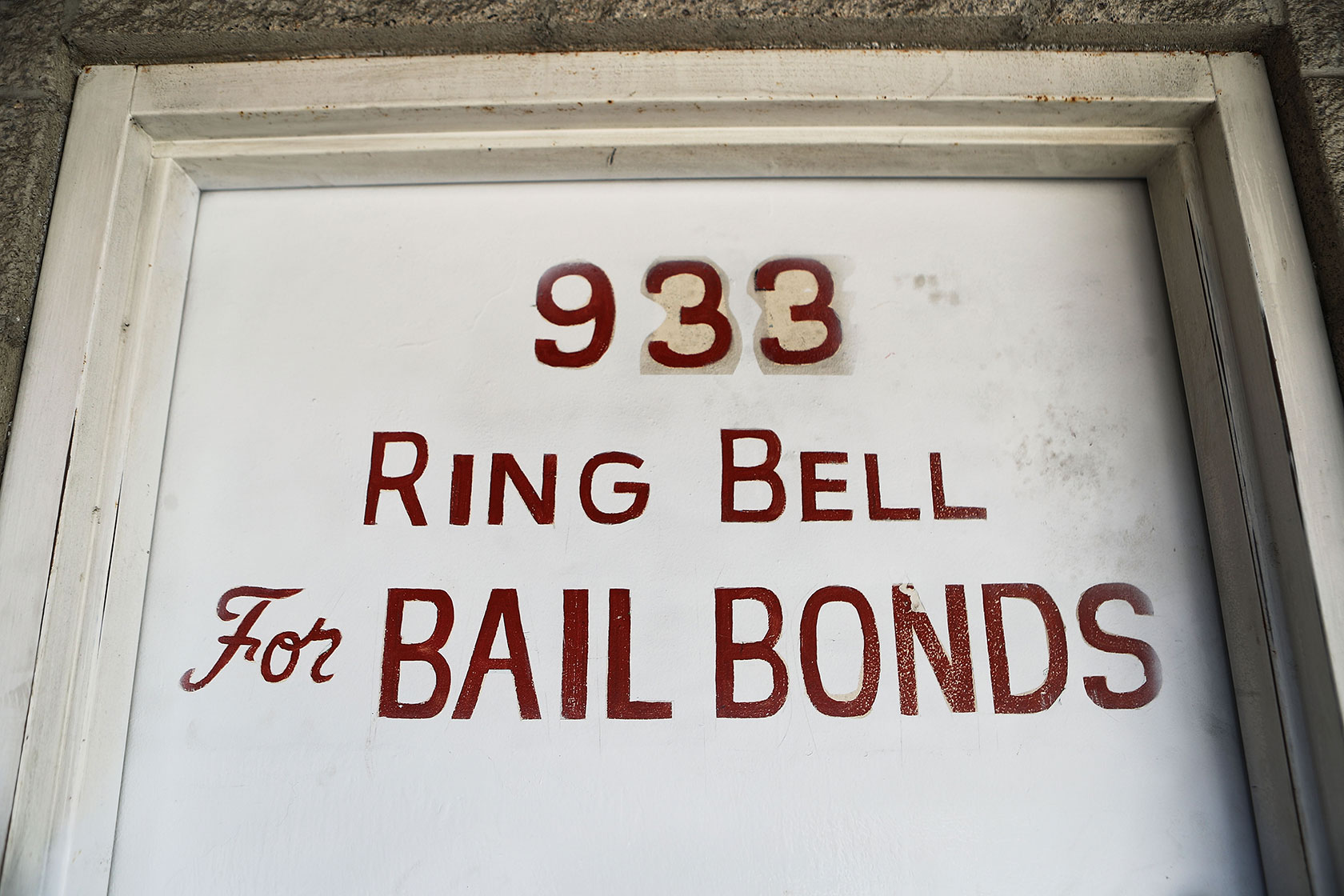Convenient Bail Bonds Near Dayton - Trusted Resident Providers
Browsing the Legal Maze: Bail Bonds Explained for Beginners
Navigating the intricacies of the legal system can frequently seem like traversing a daunting maze, particularly when it involves understanding Bail bonds. For beginners entering this unknown terrain, understanding the ins and outs of Bail bonds is essential in making sure a informed and smooth process. From the essentials of how Bail bonds work to the various types offered, each facet plays an essential duty in facilitating the release of individuals awaiting trial. As we delve deeper right into this topic, clearness will be shed on the bail bond procedure, the connected costs, and useful pointers for efficiently engaging with Bail bondsmen.
Essentials of Bail Bonds
Bail bonds offer as an economic assurance that a defendant will certainly appear in court as called for. If the individual can not afford the complete Bail amount established by the court, a bail bond representative can be enlisted to offer the necessary funds on their behalf.
Basically, a bail bond is a contract in between the accused, the court, and the bail bond representative - dayton bail bonds. The agent consents to pay the full Bail quantity if the accused fails to appear in court, for a non-refundable fee usually evaluated 10% of the overall Bail. This charge functions as the representative's earnings for handling the danger of the offender's non-appearance. By recognizing these basic concepts of Bail bonds, individuals can make enlightened decisions when confronted with lawful obstacles that require monetary assistance for their launch.
Types of Bail Bonds
The most common type is a cash money bond, where the offender or a family member pays the complete Bail quantity in money. Another choice is a guaranty bond, where a bond bondsman pays the Bail on part of the offender for a fee, typically around 10% of the overall Bail amount. Comprehending these different kinds of Bail bonds can aid individuals browse the legal procedure a lot more efficiently.
Bail Bond Refine Explained
The bail bond process entails a series of legal steps that facilitate the launch of an offender from custody pending their court appearance. When an individual is arrested, a judge establishes a bond quantity based upon the severity of the alleged criminal activity and the chance of the accused appearing in court. If the defendant can not pay for the complete Bail amount, they can look for the solutions of a bail bondsman. The accused or their liked ones pay the bail bondsman a non-refundable cost, generally a percentage of the total Bail amount, to secure a bail bond. The bail bondsman then publishes the full Bail amount to the court, ensuring the defendant's appearance whatsoever court proceedings.

Recognizing Bail Bond Expenses
Upon protecting a bail bond through a bail bondsman, people encounter an essential facet of the legal process: the economic obligations connected to the bail bond. Bail bond expenses usually entail a non-refundable charge, normally around 10% of the complete Bail amount established by the court.
Along with the premium, collateral might be find local bail bondsman needed to protect the bail bond. Collateral can be in the kind of home, valuable assets, or a co-signer that guarantees repayment if the offender skips Bail. The security acts as a back-up prepare for the bondsman in situation the accused absconds.
It's important for individuals seeking Bail bonds to totally comprehend the expenses entailed and the terms of the contract before continuing. By being educated about bail bond prices, people can navigate the legal procedure a lot more properly and make educated decisions.
Tips for Dealing With Bail Bondsmen

Additionally, it's vital to supply accurate information concerning the accused and their case. This consists of details such as their complete name, day of birth, the location of their arrest, and the charges they are dealing with. bail bonds near dayton. Supplying insufficient or inaccurate information can lead to hold-ups in the bail bond procedure

Final Thought
In verdict, understanding the basics of Bail address bonds, the different kinds readily available, the procedure involved, and the costs related to them is crucial for navigating the lawful system. By dealing with bondsman and complying with these tips, individuals can make sure a smoother and a lot more efficient Bail process. When dealing with Bail bonds to stay clear of any type of unnecessary difficulties or Learn More Here misconceptions., it is vital to be educated and educated.
Basically, a bail bond is an agreement in between the accused, the court, and the bail bond representative. An additional alternative is a guaranty bond, where a bail bondsman pays the Bail on behalf of the offender for a fee, generally around 10% of the overall Bail quantity. The offender or their enjoyed ones pay the bail bondsman a non-refundable fee, normally a percent of the overall Bail amount, to safeguard a bail bond.Upon securing a bail bond through a bail bondsman, people experience a crucial aspect of the legal process: the financial obligations tied to the bail bond. Bail bond costs normally involve a non-refundable charge, generally around 10% of the total Bail amount set by the court.